Back
SHIV DIXIT
CHAIRMAN - BITEX IND... • 1y
📖 DAILY BOOK SUMMARIES 📖 🔗 DIRECT FREE E-BOOK DOWNLOAD LINK AVAILABLE — https://drive.google.com/file/d/1gqivh7vuB1WBa6zMZ4PXJw7CREcnP4i1/view?usp=drivesdk 🔥 Start Your Own Business 🔥 🚀 20 Lessons from 👉 ✨ Staff Of Entrepreneur Media. inc ✨ 1. Assess Your Readiness: • Evaluate your skills, experience, and commitment level before starting a business to ensure you're prepared for the demands of entrepreneurship. 2. Refining Your Idea: • Start with a strong business idea that addresses a market need, then refine it based on research and feedback. 3. Creating a Business Plan: • Develop a detailed business plan covering goals, market analysis, competitive analysis, financial projections, and operational strategies. 4. Legal Structure and Setup: • Choose the appropriate legal structure (LLC, corporation, etc.), register your business, and handle permits, licenses, and trademarks. 5. Building Your Brand: • Define your brand identity, logo, and messaging to position yourself in the market and attract your target audience. 6. Understanding Finances: • Set up proper financial systems, open a business bank account, manage cash flow, and secure funding (loans, investors, etc.). 7. Creating a Marketing Strategy: • Develop a marketing plan that includes online and offline tactics, focusing on social media, SEO, email marketing, and networking. 8. Sales Strategies: • Learn effective sales techniques, including relationship building, lead generation, and closing strategies tailored to your customer base. 9. Operations and Logistics: • Plan for daily operations, inventory management, supplier relationships, and customer service processes to keep the business running smoothly. 10. Hiring and Managing Employees: • Learn the basics of hiring, training, and managing employees while building a positive company culture. 11. Adapting to Market Changes: • Continuously monitor market trends and customer feedback to adapt and grow your business as needed. 12. Scaling Your Business: • Focus on growth strategies, such as expanding your product line, entering new markets, or leveraging partnerships. 13. Risk Management: • Identify potential risks, such as financial, operational, and legal risks, and develop contingency plans to mitigate them. 14. Compliance and Taxation: • Understand business tax obligations, maintain records, and ensure compliance with state and federal regulations. 15. Exit Strategy: • Plan for the future by considering potential exit strategies, such as selling the business or passing it to a successor. 16. Networking and Building Relationships: • Cultivate connections within your industry and with mentors, as networking can provide insights, opportunities, and support. 17. Customer Retention and Loyalty: • Implement strategies to retain customers, such as loyalty programs, personalized service, and consistent engagement.

Replies (1)
More like this
Recommendations from Medial
SHIV DIXIT
CHAIRMAN - BITEX IND... • 1y
★ Top 10 point for making any startup successfull 1=} Identify a Problem =} Find a pressing problem or need in the market that your startup can solve 2=} Develop a Unique Solution =} Create a product or service that addresses the identified problem
See MoreSHIV DIXIT
CHAIRMAN - BITEX IND... • 1y
★ How To Execute Idea 1. Clarify your idea=} Ensure you understand your concept thoroughly, including its purpose, target audience,and potential benefits 2. Create a plan=} Develop a detailed plan outlining the steps you need to take to bring you
See MoreProfessor Bohm
"Built. Sold. Repeat... • 11m
"The Clear Roadmap for How to Start a Startup." •Identify a Problem: Find a real-world problem or unmet need to solve. •Validate the Idea: Conduct market research and gather feedback from potential customers. •Create a Business Plan: Outline your
See More
Download the medial app to read full posts, comements and news.







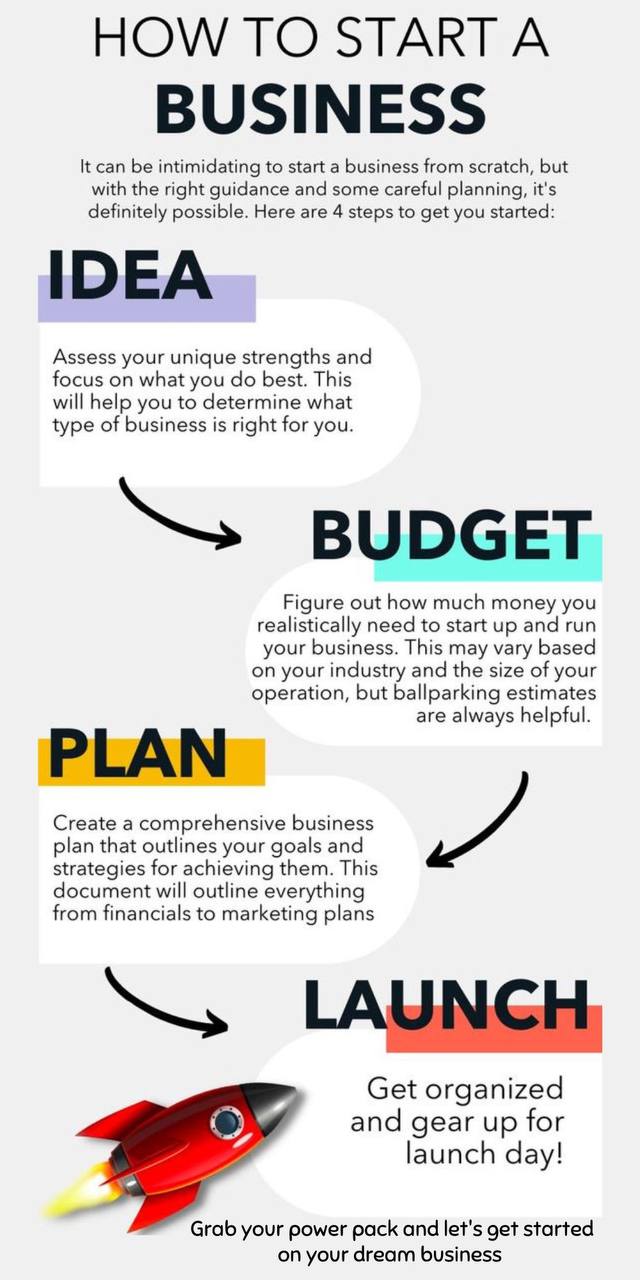
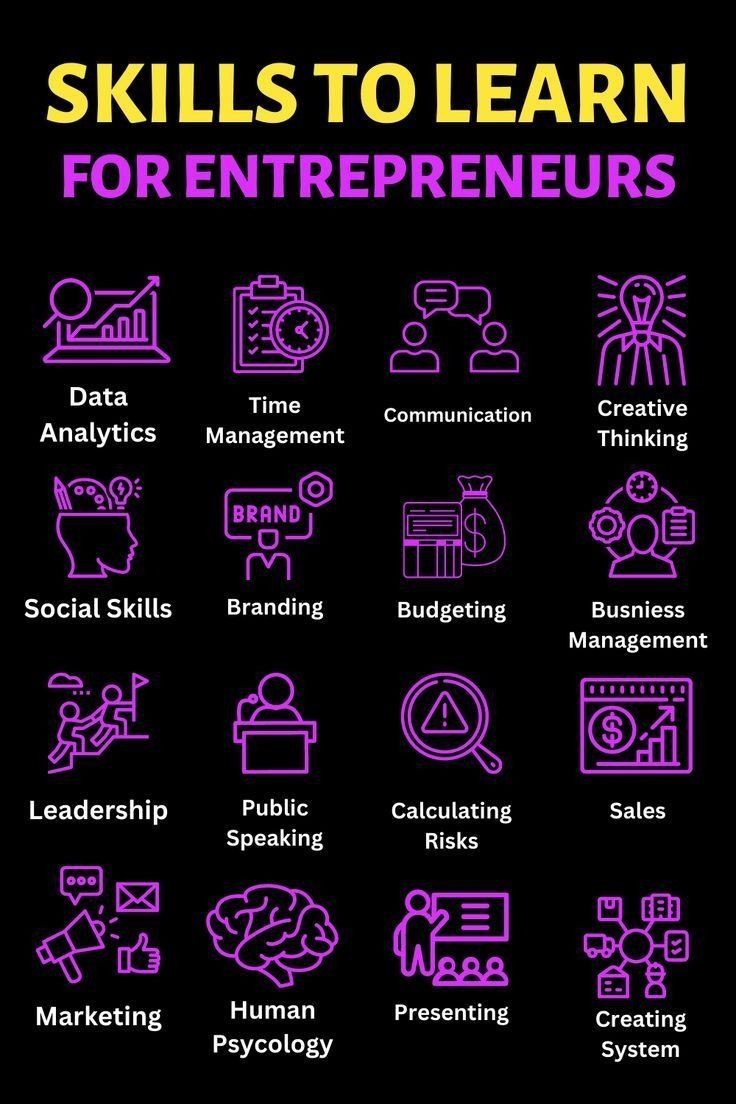
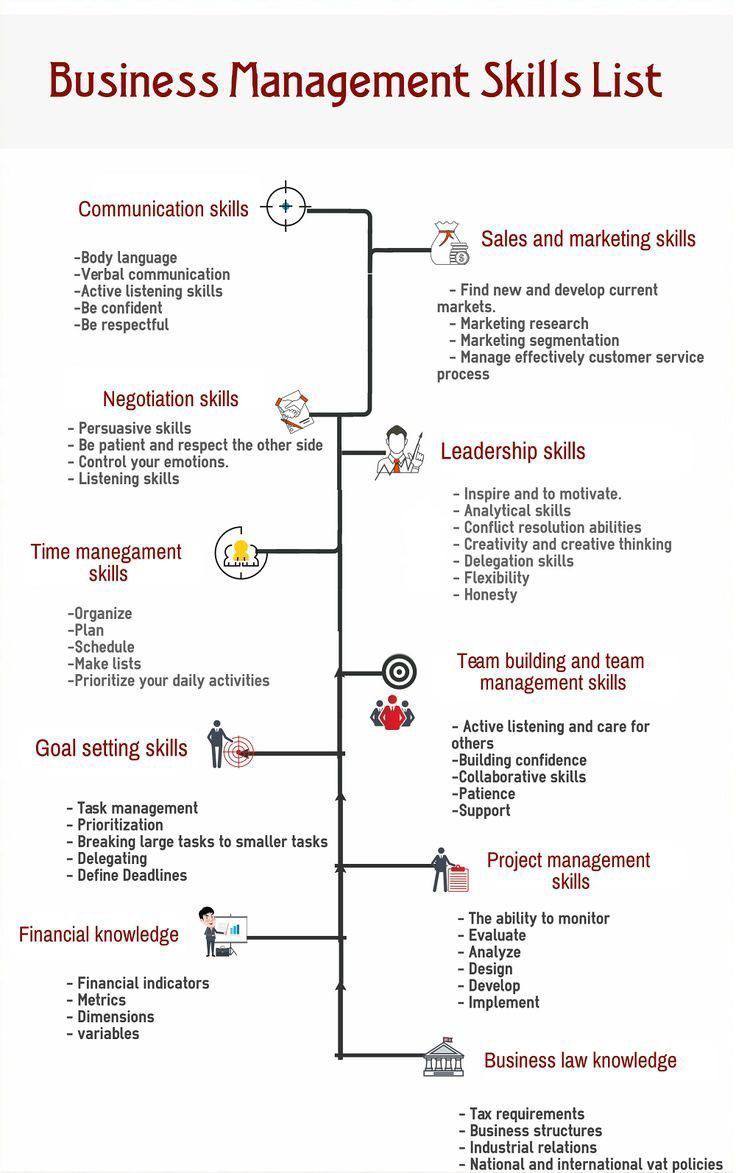
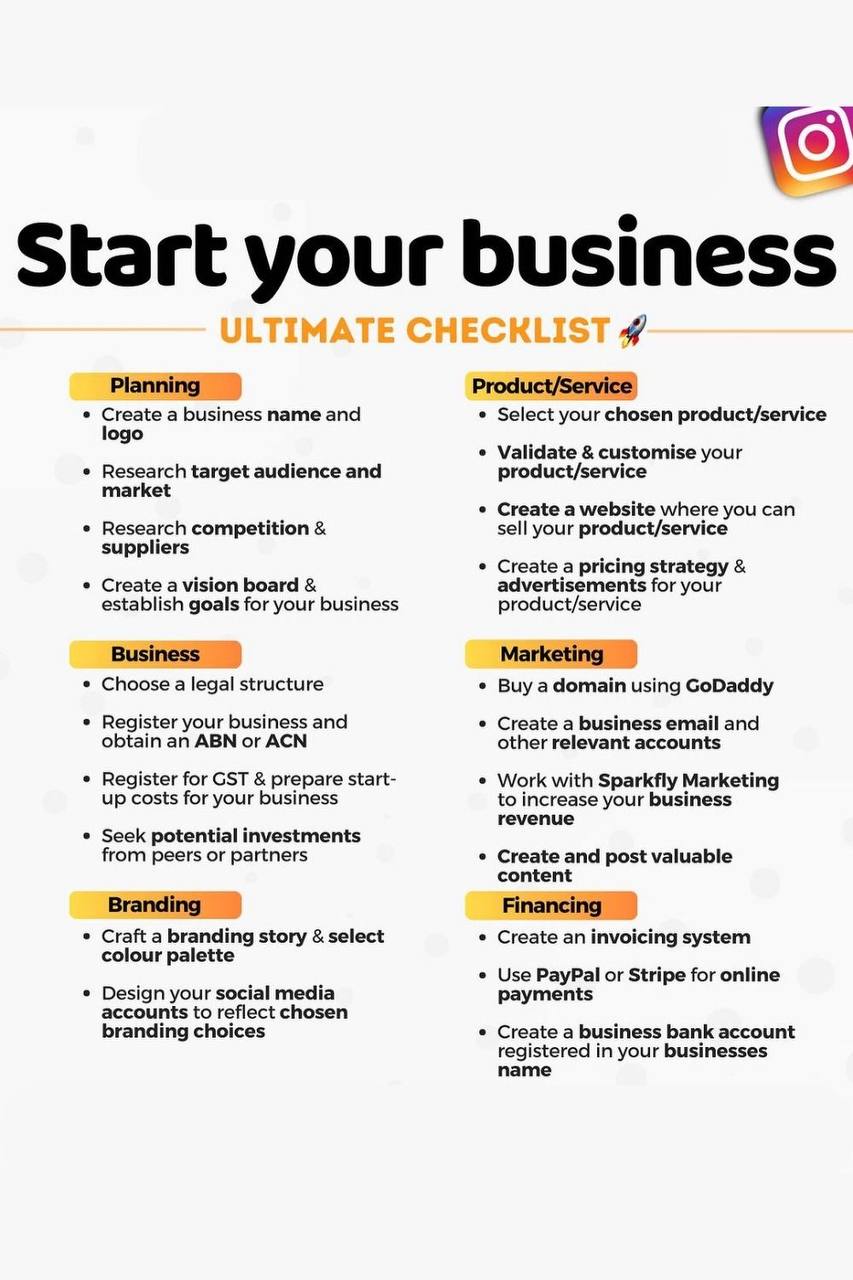




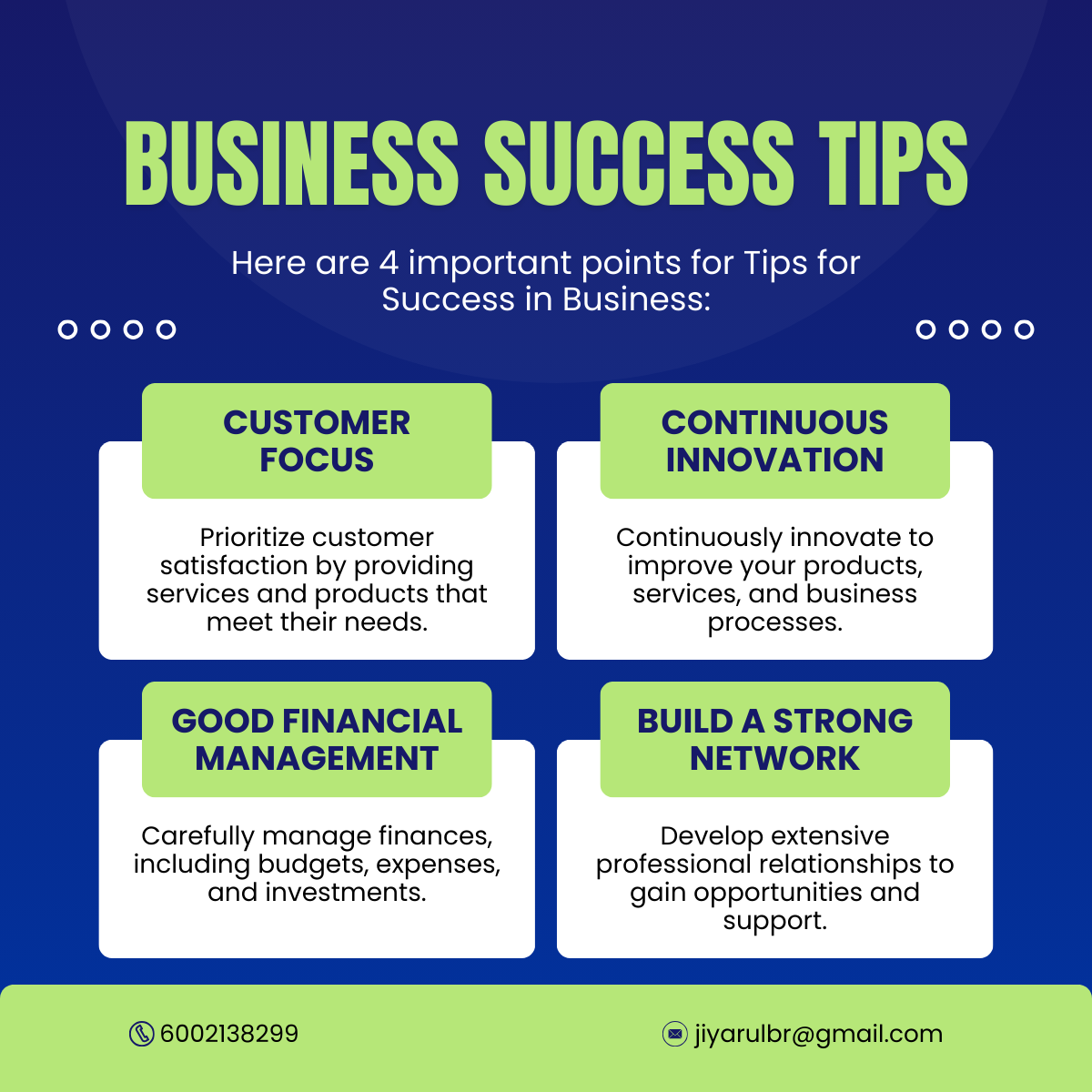


/entrackr/media/post_attachments/wp-content/uploads/2021/08/Accel-1.jpg)



















